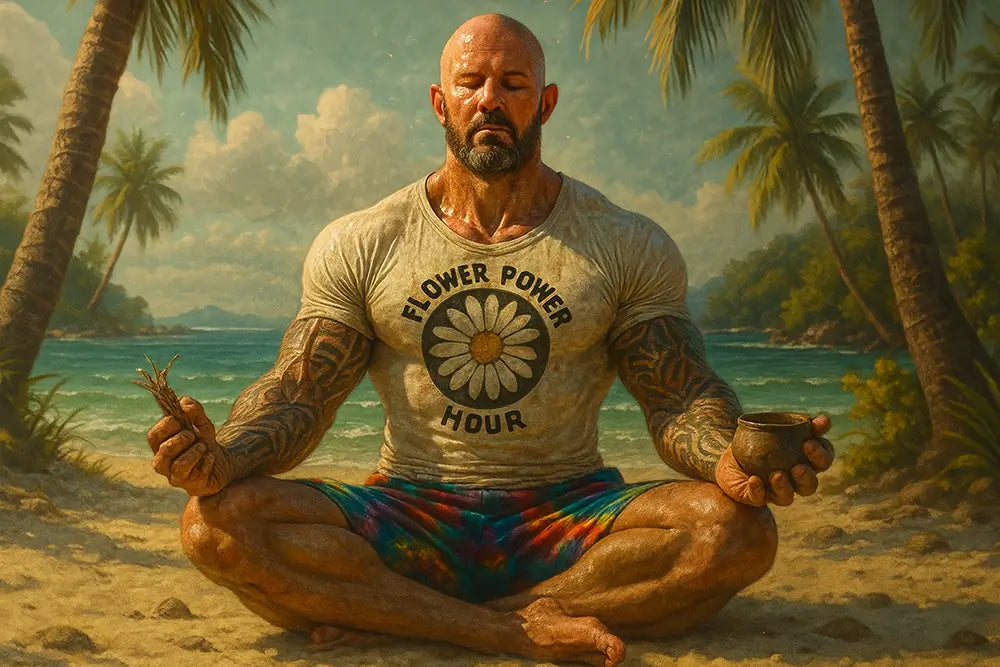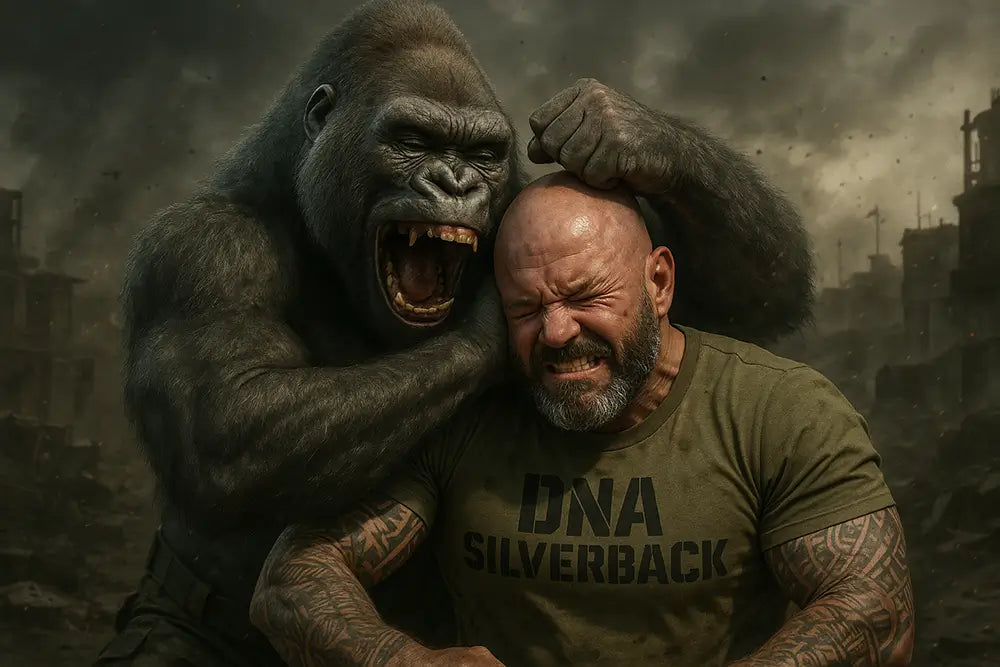As men age, they may experience a range of physical and emotional changes that are often attributed to andropause, also known as "male menopause."
Like menopause in women, andropause is a natural transition that comes with its own set of symptoms and challenges.
Yet unlike women, there is still a stigma about men talking about the very thing – testosterone – that makes them men in the first place.
Here’s your go-to resource for understanding and managing the symptoms of andropause. Andropause simply means – age related testosterone decline.
Therefore from that perspective – all men will go through this – whether or not they acknowledge the symptoms is another thing!
In today's fast-paced world, men often find themselves juggling multiple responsibilities, from work to family, and everything in between.
As a result, it's crucial for men to prioritise their health and well-being, especially when it comes to understanding andropause.
Andropause, often referred to as "male menopause” and sometimes menopause - is a natural condition that affects many men as they age.
Despite its prevalence, there is still a lack of awareness and understanding surrounding the symptoms and effects of andropause.
That's where our guide to Andropause Symptoms comes in.
Our mission is to provide men with the knowledge and resources they need to navigate the changes associated with andropause, empowering them to take control of their health and live their best lives.
Through informative and insightful content, we aim to shed light on the symptoms of andropause and offer practical guidance for managing this important phase of life.
Join us as we delve into this comprehensive guide, designed to equip men with the tools they need to thrive during andropause.

What are Andropause Symptoms?
Andropause is associated with a decline in testosterone levels, leading to a variety of symptoms that can impact a man's overall well-being. While the symptoms can vary from person to person, some common signs of andropause include:
1. Fatigue and Decreased Energy Levels: Many men going through andropause often experience a noticeable decrease in energy levels and an overall feeling of fatigue, which can impact their ability to engage in daily activities.
2. Mood Changes: Fluctuations in mood, irritability, and feelings of sadness are common symptoms of andropause. Men may find themselves more prone to mood swings and may experience a general sense of unease.
3. Reduced Muscle Mass and Strength: As testosterone levels decline, men may notice a decrease in muscle mass and strength, which can affect their physical performance and overall strength.
4. Sexual Health Changes: Andropause can also manifest in changes related to sexual health, including a decreased libido, erectile dysfunction, and a decline in overall sexual performance.
5. Sleep Disturbances: Many men going through andropause may experience disturbances in their sleep patterns, including insomnia, difficulty falling asleep, or disrupted sleep throughout the night.
6. Weight Gain and Body Composition Changes: Changes in body composition, such as increased body fat and a decrease in muscle mass, are common symptoms of andropause.

Managing Andropause Symptoms
While andropause is a natural part of the aging process, there are strategies and lifestyle modifications that can help manage its symptoms effectively. Here are some approaches that men can consider:
1. Exercise Regularly: Engaging in regular physical activity, including strength training and cardiovascular exercises, can help maintain muscle mass, improve mood, and boost energy levels.
2. Balanced Diet: Consuming a well-rounded diet rich in nutrients, including lean proteins, fruits, vegetables, and whole grains, can support overall health and well-being during andropause.
3. Stress Management: Practicing stress-reducing techniques such as meditation, yoga, or mindfulness can help alleviate mood swings and promote emotional well-being.
4. Hormone Replacement Therapy: In some cases, hormone replacement therapy may be considered to address chronically low testosterone levels. This is a lifelong treatment that does have side effects and turns off your natural production of sperm and testosterone.
Therefore, it's important for men to consult with a healthcare professional to discuss the potential benefits and risks of this treatment option.
5. Adequate Sleep: Testosterone is produced in men overnight. Prioritising a consistent sleep schedule and creating a restful sleep environment can help improve sleep quality and combat fatigue associated with andropause.
Seeking Support and Guidance
Navigating the symptoms of andropause can be challenging, and it's essential for men to seek support and guidance during this phase of life.
In conclusion, understanding andropause symptoms is vital for men who are approaching or experiencing this natural stage of life.
By being informed about the potential signs and knowing the available management strategies, men can take proactive steps to support their overall well-being during andropause.
For more information on andropause symptoms and men's health, stay tuned for our upcoming articles and resources aimed at providing valuable insights and support for men in all stages of life.






Share:
DNA's Guide to Testosterone Supplements and T-Boosters.
The Impact of Anabolic Steroids & P.E.D.S on your Natural Hormonal System.